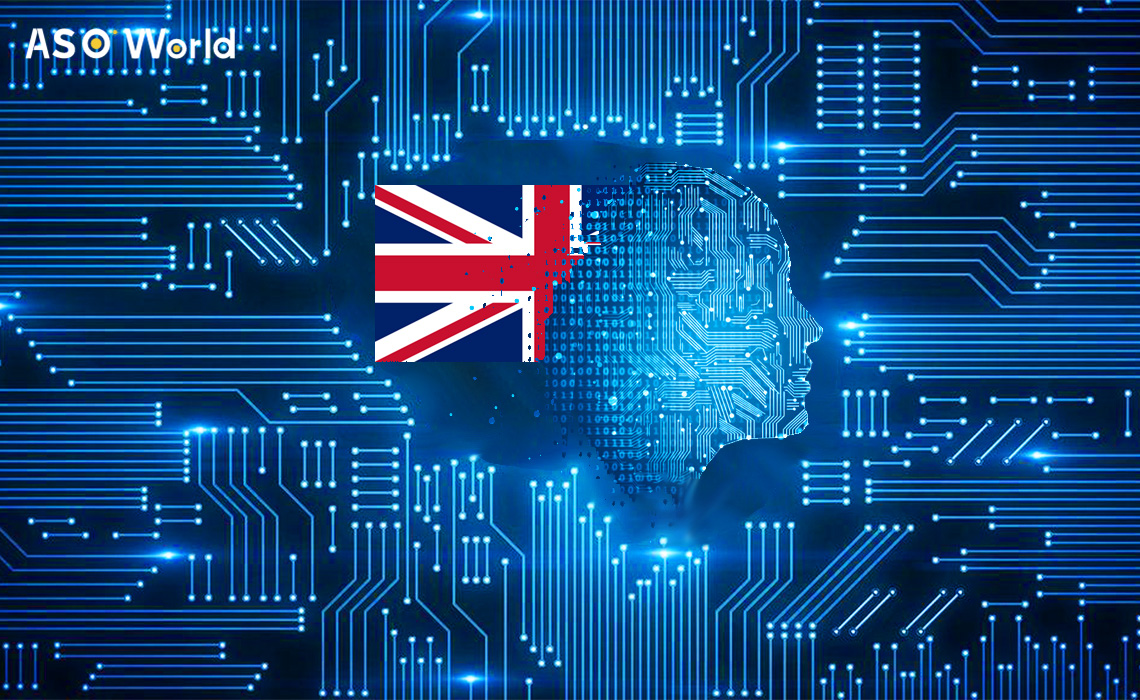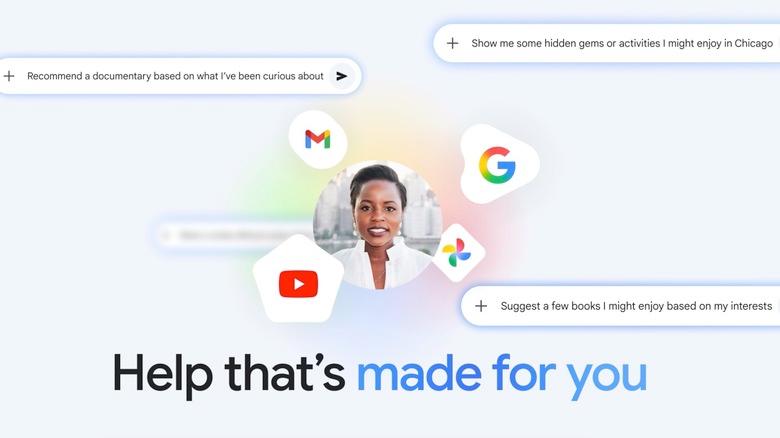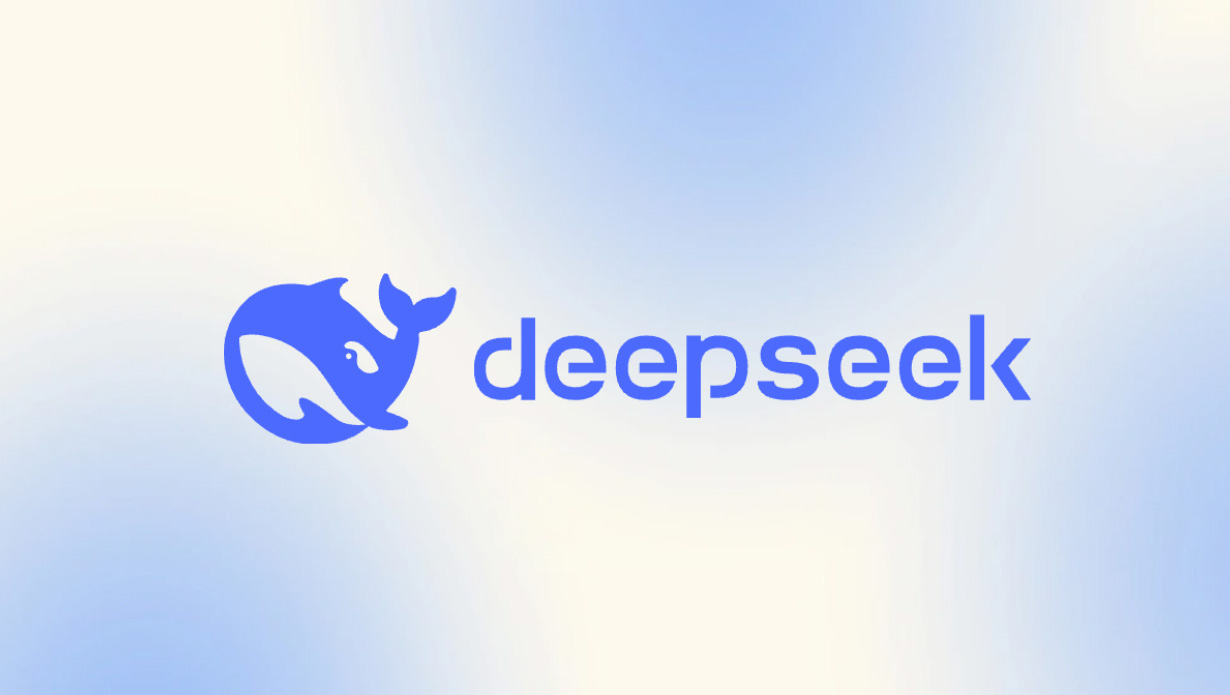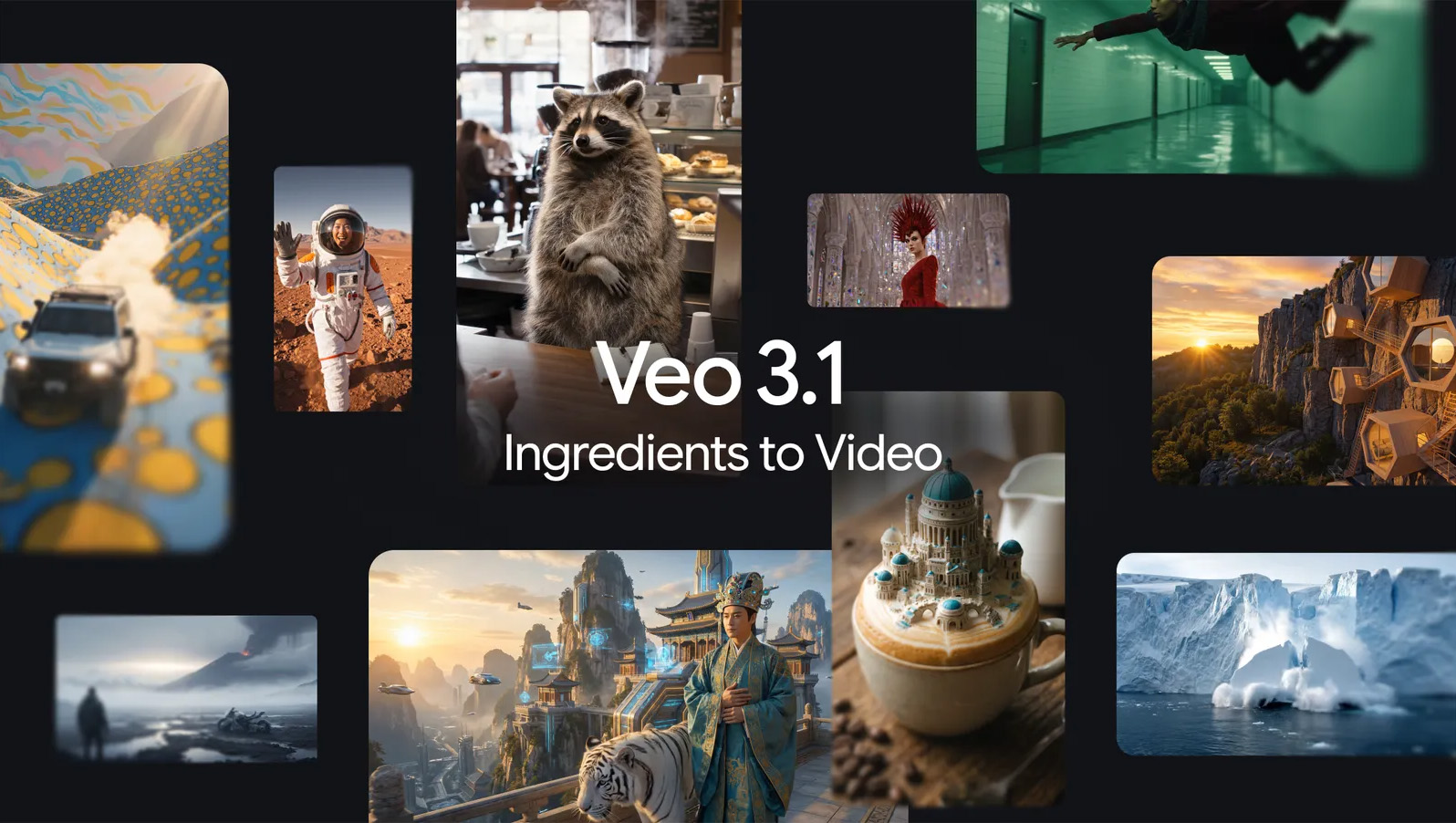The UK Supreme Court has affirmed that artificial intelligence systems cannot be acknowledged as inventors on patent applications, upholding previous rulings against AI inventorship.
AI Inventorship Challenge Rejected
Technologist Dr. Stephen Thaler's attempt to have his AI, Dabus, recognized as the inventor of a food container and a light beacon has been dismissed. The UK Intellectual Property Office (IPO) initially rejected the idea in 2019, stating that only a human can be considered an inventor. This stance was supported by subsequent rulings from the High Court and Court of Appeal.
Supreme Court's Stance on AI and Patent Rights
The Supreme Court's judgement, delivered by five judges, concluded that an inventor must be a person, hence an AI cannot secure patent rights. The court did not address whether Dabus actually created the inventions in question.
Dr. Thaler, who views Dabus as a "conscious and sentient form of machine intelligence," expressed his disappointment, noting the tension between human and machine intelligence.
Intellectual Property Office's Response
The IPO welcomed the clarity provided by the judgement and mentioned that the UK government will continue to review this area of law to support AI innovation and its use within the country.
Legal Implications and Future Considerations
Rajvinder Jagdev from Powell Gilbert suggested that while AI cannot be an inventor, a human using AI to create an invention could still apply for a patent. However, Dr. Thaler's claim that he should be entitled to patents as the AI's owner was also rejected.
The ruling prevents potential complications for companies using AI to innovate, who might otherwise not own the patents created by the software.
Simon Barker from Freeths raised policy questions about potential changes to laws as AI technology progresses. Professor Ryan Abbott of the University of Surrey, representing Dr. Thaler, stated that the decision redefines the term "inventor" under UK patent law, implying that AI is merely a sophisticated tool for human inventors.
The Ongoing Debate and International Perspective
As AI becomes more adept at autonomously generating novel ideas, there is an expectation for legal frameworks to evolve. The IPO acknowledged the need to address how intellectual property rights should manage AI-generated creations.
In June 2022, the UK government concluded that no immediate legal changes to UK patent law are necessary, emphasizing that any future amendments would likely require international consensus.
Editor's Comments
The UK Supreme Court's decision reinforces the current legal framework that reserves patent rights for human inventors only. This ruling has significant implications for the future of innovation and the role of AI in the creative process. As AI continues to advance, the legal system will be challenged to adapt, potentially leading to international discussions on the matter.




